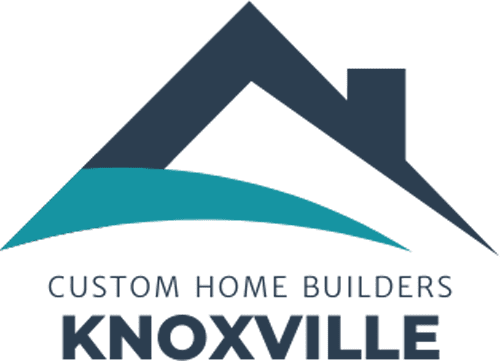Soil testing plays a crucial role in determining the success of custom home projects. By understanding the characteristics of the land, you can make informed decisions that impact everything from design to sustainability. Delve deeper into why assessing soil quality is essential in the feasibility analysis of creating your dream home and how it shapes not just your building plans, but your entire living experience.
Understanding Soil Composition and Its Impact on Foundations
Soil composition plays a crucial role in determining the stability and longevity of foundations for custom homes. Understanding the unique characteristics of your soil isn’t just a technical detail; it’s a vital part of making informed decisions during the planning stages. From clay and sand to silt, each type of soil presents distinct challenges and benefits that can significantly influence structural integrity. In our upcoming exploration, we’ll highlight the importance of soil testing in feasibility analysis, showing how this essential step ensures your dream home rests on a solid foundation. Dive into the fascinating connection between soil types and the stability of your future home, and see how informed choices can shape an enduring legacy.
Testing for Drainage and Flood Risk
When it comes to custom homes, understanding drainage and flood risk is crucial. Incorporating effective soil testing in your feasibility analysis not only ensures a solid foundation but also safeguards your investment from potential water damage. By assessing drainage capacity and identifying flood-prone areas, you can make informed decisions that enhance your home’s resilience and longevity. This proactive approach also complements other site evaluations, leading to a comprehensive understanding of your property’s landscape. As we dive deeper into the significance of testing for drainage and flood risk, you’ll discover the pivotal role these assessments play in crafting a secure and sustainable living space tailored just for you. Stay with us to explore how these insights can pave the way for a worry-free home-building experience.
Evaluating Soil Stability for Sloped or Challenging Terrain
When building custom homes, especially on sloped or challenging terrain, understanding the soil’s stability is paramount. It’s not just about aesthetics; soil stability directly affects your home’s safety and longevity. Evaluating soil stability helps identify potential risks, ensuring your dream home remains secure and efficient. In our latest discussion, we explore how soil testing plays a crucial role in feasibility analysis, guiding homeowners through the complexities of construction on uneven ground. By delving into these assessments, you can better navigate the unique challenges that come with your chosen site. Join us as we uncover the essential steps to ensure your foundation is solid, both literally and figuratively.
Identifying Potential Issues (Contaminants, Rock Layers)
When embarking on the journey of building your dream custom home, understanding the land beneath your feet is crucial. Identifying potential issues such as contaminants and varying rock layers can make a significant difference in your project’s success. Soil testing serves as an essential step in this feasibility analysis, providing insight into the soil’s health and stability. By delving into the composition and characteristics of the land, you can address potential challenges early on, saving time and resources. This groundwork not only ensures a safe living environment but also informs your design and construction decisions. Join us as we explore the vital role of soil testing and how it can pave the way for your ideal home.
Working With Engineers to Address Any Concerns
When embarking on the journey to custom home construction, collaboration with engineers is key to navigating potential challenges. Engineers bring vital expertise in design, structure, and compliance, ensuring that your vision aligns with practical realities. One crucial aspect often overlooked is soil testing, which plays a significant role in feasibility analysis. Understanding the soil’s characteristics can reveal essential information about stability, drainage, and potential complications. By addressing these concerns early in the process, you pave the way for a smoother construction experience. As we delve deeper into the intricate relationship between soil testing and engineering insights, you’ll uncover essential strategies to enhance your project’s success. Your dream home deserves this thorough foundation—let’s explore how to achieve it together.
Conclusion
In conclusion, soil testing stands as a vital step in laying the groundwork for your custom home. It not only assesses the suitability of the land but also reveals important insights about stability, drainage, and potential challenges down the road. By understanding the soil’s characteristics, you set the stage for a home that stands strong against the elements. This foundational knowledge is essential for a successful project, ensuring that your dream home is both safe and enduring. As you think about your custom home journey, remember that a solid foundation begins with informed decisions. At Custom Home Builders Knoxville, we’re here to guide you through every step, ensuring your vision becomes a reality built on a stable foundation.
the-importance-of-soil-testing-in-feasibility-analysis-for-custom-homes.jpg



